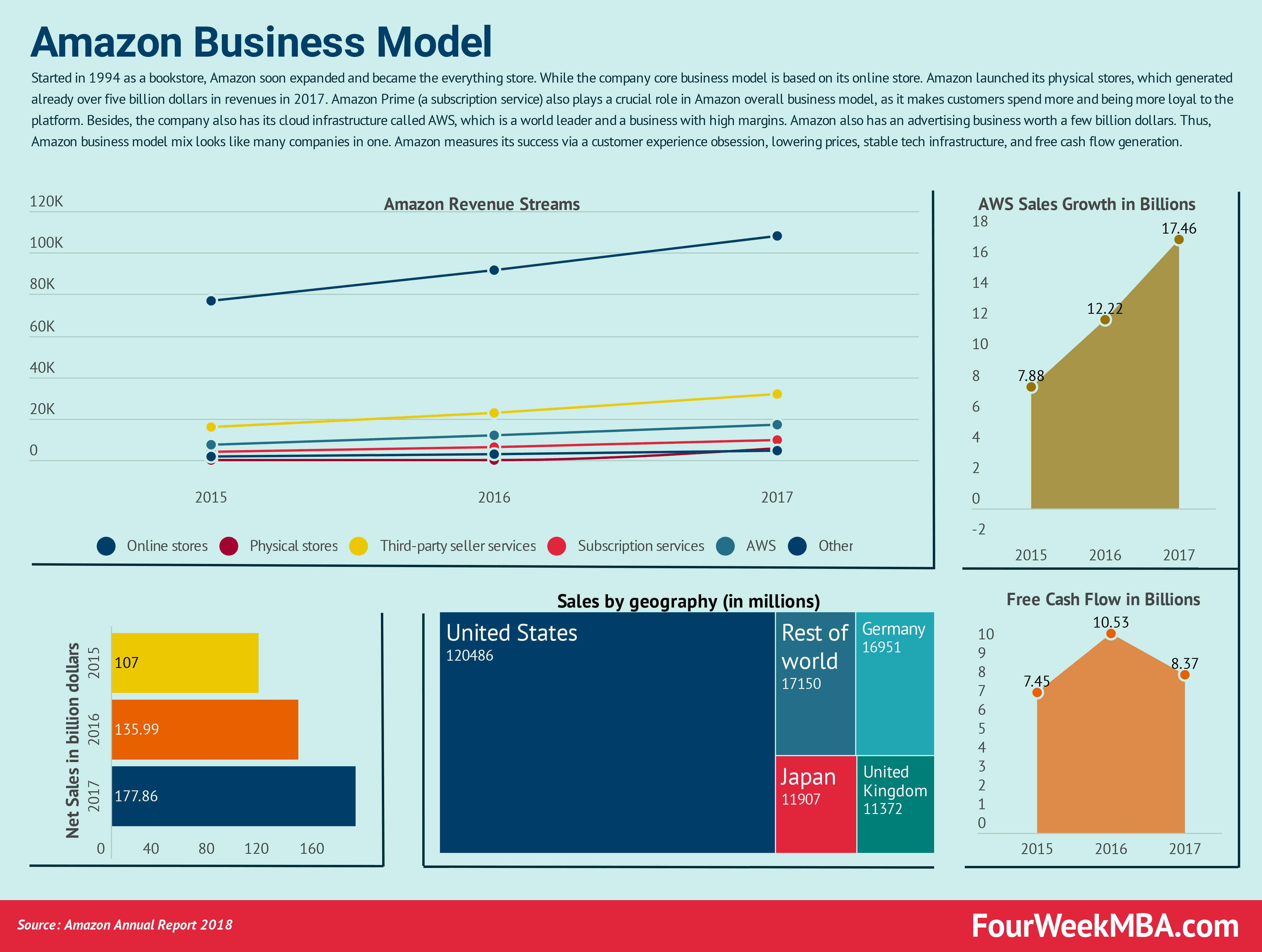
Contents
- 1 The Importance of a Business Development Strategy
- 1.1 1. Identify Your Target Market
- 1.2 2. Build Strong Partnerships
- 1.3 3. Leverage Digital Marketing
- 1.4 4. Focus on Customer Experience
- 1.5 5. Develop a Unique Value Proposition
- 1.6 6. Expand Your Network
- 1.7 7. Innovate and Adapt
- 1.8 8. Invest in Professional Development
- 1.9 9. Monitor and Analyze Data
- 1.10 10. Stay Agile and Flexible
The Importance of a Business Development Strategy
Starting a new business can be exciting, but it also comes with its fair share of challenges. One of the most crucial aspects of building a successful startup is developing a solid business development strategy. This strategy will guide your company’s growth and help you achieve your goals. In this article, we will explore ten effective business development strategies that can help startups thrive in today’s competitive market.
1. Identify Your Target Market
Before you can develop a successful business development strategy, you need to identify your target market. Understanding your customers’ needs, preferences, and pain points will enable you to tailor your products or services to meet their demands. Conduct market research, analyze customer data, and gather feedback to gain insights into your target audience.
2. Build Strong Partnerships
Collaborating with other businesses can be a powerful tool in your business development arsenal. Look for partnerships that can complement your products or services and help you reach a wider audience. These partnerships can range from cross-promotions and co-marketing efforts to strategic alliances and joint ventures.
3. Leverage Digital Marketing
In today’s digital age, having a strong online presence is crucial for the success of any business. Invest in digital marketing strategies like search engine optimization (SEO), social media marketing, content marketing, and email marketing to increase your brand visibility, attract customers, and generate leads.
4. Focus on Customer Experience
Providing an exceptional customer experience is a surefire way to retain customers and attract new ones. Invest in customer service training, personalize your interactions, and actively listen to customer feedback. By consistently delivering a positive experience, you can turn satisfied customers into brand advocates.
5. Develop a Unique Value Proposition
A strong value proposition sets your business apart from the competition and convinces customers to choose your products or services. Identify what makes your offering unique and valuable, then communicate this effectively through your marketing materials, website, and sales pitches.
6. Expand Your Network
Networking is a valuable tool for business development. Attend industry events, join professional organizations, and actively engage with other professionals in your field. Building relationships with industry leaders, potential clients, and mentors can provide opportunities for collaboration, learning, and growth.
7. Innovate and Adapt
Innovation is key to staying ahead in today’s fast-paced business landscape. Continuously evaluate your products, services, and business processes to identify areas for improvement. Embrace change, adapt to market trends, and be open to new ideas and technologies that can help your startup thrive.
8. Invest in Professional Development
As a startup founder or business owner, your personal growth and development are crucial for the success of your business. Invest in your skills, knowledge, and leadership abilities through workshops, courses, and mentorship programs. By continuously learning and growing, you can make informed decisions and lead your team effectively.
9. Monitor and Analyze Data
Data is a valuable asset that can provide insights into your business’s performance and help you make informed decisions. Implement analytics tools to track key metrics like website traffic, conversion rates, customer engagement, and sales. Use this data to identify trends, measure the effectiveness of your strategies, and make data-driven decisions.
10. Stay Agile and Flexible
The business landscape is constantly evolving, and startups need to be agile and adaptable to thrive. Embrace a flexible mindset, be open to change, and continuously evaluate and adjust your business development strategy as needed. By staying nimble, you can seize opportunities and navigate challenges effectively.
In conclusion, a well-defined business development strategy is essential for the success of startups. By implementing these ten strategies, startups can establish a strong foundation, attract customers, and achieve sustainable growth. Remember to continuously evaluate and adjust your strategy as your business evolves, and stay committed to providing value to your target market.




